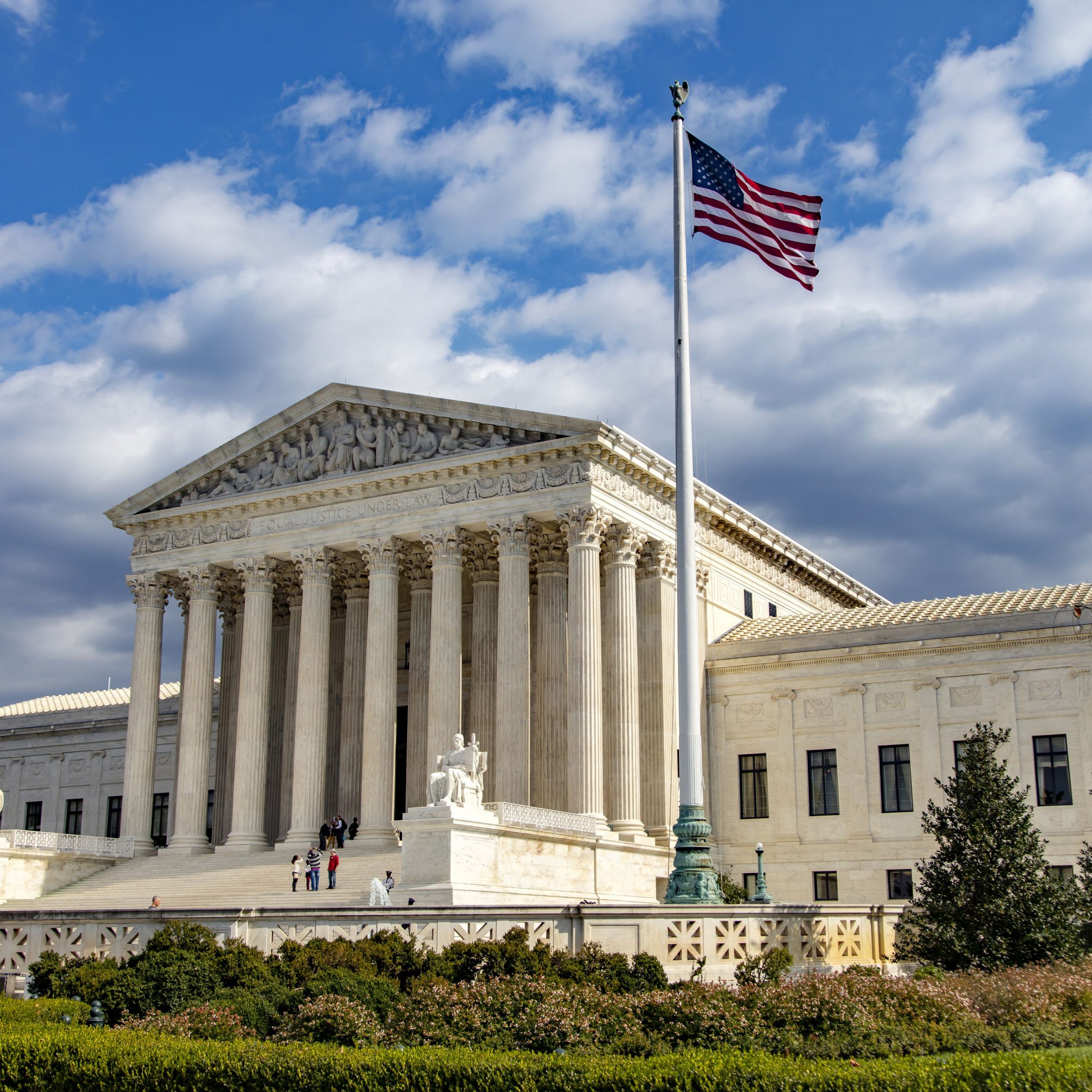
US SUPREME COURT STRIKES OUT CONSTITUTIONAL RIGHT TO ABORTION
In a landmark decision that overturns 50 years of constitutional safeguards on one of the most contentious and violently contested topics in American politics, the US Supreme Court on Friday abolished the right to an abortion.
The conservative-dominated court declared that individual states can now legalize or restrict the procedure on their own, overturning the historic “Roe v. Wade” ruling from 1973 that established a woman’s right to an abortion.
The court held that Roe v. Wade and Casey are invalid and that the people and their elected officials should once again have the power to control abortion. “The Constitution does not confer a right to abortion,” the court declared.
In the majority opinion, Justice Samuel Alito stated that abortion “presents a serious moral quandary on which Americans hold radically divergent views.”
The right to regulate or forbid abortion is not prohibited by the Constitution, according to him.
The three liberal judges on the panel dissented.
The decision is likely to trigger a flurry of new legislation that severely restricts or outright prohibits abortions in approximately half of the 50 US states, forcing women to travel great distances to jurisdictions that still allow the practice.
The verdict overturned the 1973 Roe v. Wade decision by the nation’s top court, which held that women possessed the constitutional right to privacy about their own bodies and therefore the right to an abortion.
The majority of Alito’s reasoning is consistent with his draft ruling, which was leaked in an exceptional way in early May, prompting protests around the nation and increased security at the court in downtown Washington.
After an armed man was detained on June 8 close to the residence of conservative justice Brett Kavanaugh, barricades were built around the court to keep the demonstrators assembled outside at bay.
The court’s decision goes against a global trend that has seen abortion restrictions loosen up, particularly in nations like Ireland, Argentina, Mexico, and Colombia, where the Catholic Church continues to have significant sway.
It represents a victory over 50 years of struggle against abortion by the religious right but the anti-abortion camp is expected to continue to push for an outright nationwide ban.
The ruling was made possible by the nomination of three conservative justices to the court by former Republican president Donald Trump — Neil Gorsuch, Kavanaugh and Amy Coney Barrett.
The case before the court was a Mississippi law that would restrict abortion to 15 weeks but during the hearing of the case in December several justices indicated they were prepared to go further.
According to the Guttmacher Institute, 13 states have adopted so-called “trigger laws” that will ban abortion following the move by the Supreme Court.
Ten others have pre-1973 laws that could go into force or legislation that would ban abortion after six weeks, before many women even know they are pregnant.
Women living in states with strict anti-abortion laws will either have to continue with their pregnancy, undergo a clandestine abortion or obtain abortion pills, or travel to another state where the procedure remains legal.
Several Democratic-ruled states, anticipating an influx, have taken steps to facilitate abortion and clinics have also shifted their resources.
Travel is expensive, however, and abortion rights groups say abortion restrictions will severely impact poor women, many of whom are Black or Hispanic.
